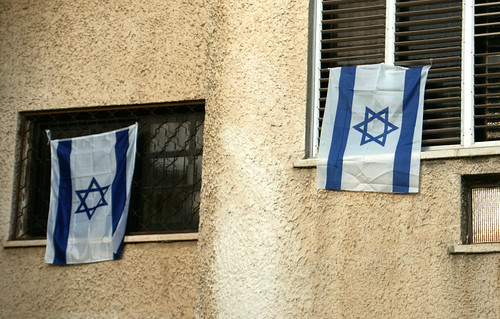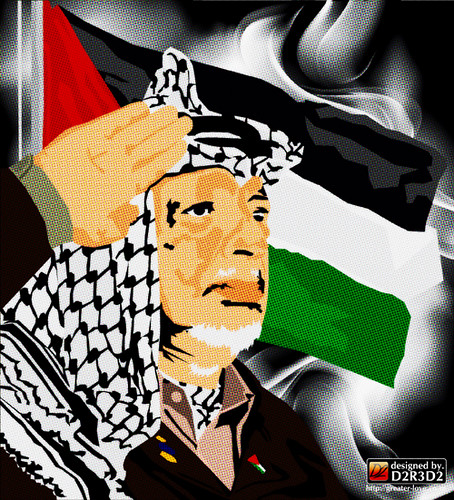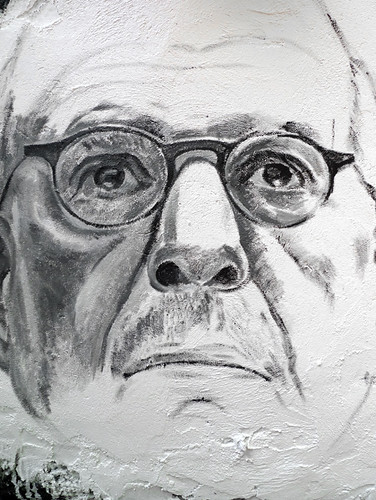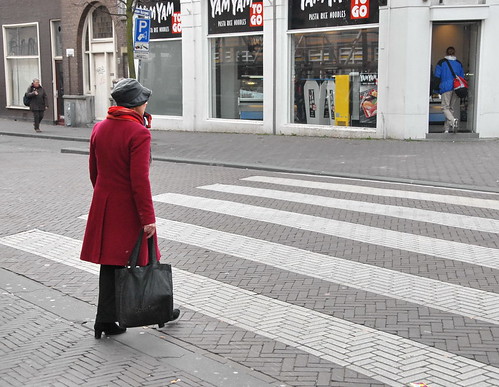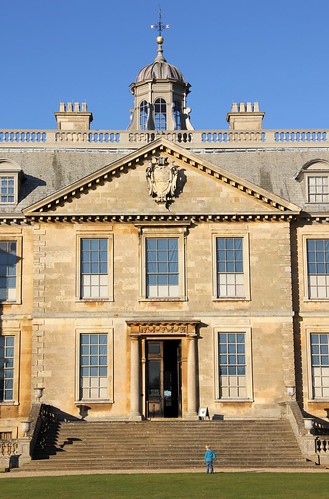There have so far been 10 Middle Eastern Nobel Peace Prize winners from the Middle East. Here I'm going to give you a brief break down of who they were and why they were awarded. But first I'd like to say that I want to update this list in a few years to include a Bahraini. I know there are plenty of deserving people there so come on Bahrain!
Mohammed Anwar Al Sadat was the third President of Egypt, serving for 11 years until 1981 when he was assassinated during an annual victory parade in Cairo which celebrates Egypt’s crossing of the Suez Canal.
Controversial figure Yasser Arafat was the chairman of the Palestine Liberation Organisation (PLO), leader of the Fatah political party and president of the Palestinian National Authority (PNA) for eight years until 2004 when he died at age 75.
Shirin Ebadi was the first ever Iranian and Muslim woman to win the Nobel Peace Prize. She is an Iranian lawyer, writer, former judge, lecturer, human rights activist and founder of the Defenders of Human Rights Centre in Iran. She is currently living in exile in the UK.
Mohamed El Baradei is an Egyptian law scholar and diplomat who has played a rather pivotal role in the recent 2011 Egyptian revolution which has ousted President Hosni Mubarak. He was the director general of the International Atomic Energy Agency (IAEA) – an international organisation which promotes the peaceful use of nuclear energy - for 12 years until 2009.
1978
Mohamed Anwar Al Sadat and Menachem Begin
Menachem Begin was the head of the Likud party and the sixth Prime Minister of the State of Israel, serving for six years until 1983. He died of a heart attack at age 78 in 1992.
Both men were celebrated and hated for many reasons but in 1978 they were jointly awarded the Nobel Peace Prize because they signed the Camp David Agreement which brought about a negotiated peace between Egypt and Israel.
1994
Yasser Arafat, Yitzhak Rabin and Shimon Peres
Image by Deede Kharisma on Flickr
Controversial figure Yasser Arafat was the chairman of the Palestine Liberation Organisation (PLO), leader of the Fatah political party and president of the Palestinian National Authority (PNA) for eight years until 2004 when he died at age 75.
Yitzhak Rabin was the fifth Prime Minister of Israel, serving two terms in office until his assassination by right-wing Israeli radical Yigal Amir in 1995.
Shimon Peres is the ninth President of the State of Israel, having served twice before as Prime Minister and Interim Prime Minister.
These three men were jointly awarded the Nobel Peace Prize for peace talks that produced the Oslo Accords which was an attempt to resolve the Palestine-Israel conflict. A statement released by the Norwegian Nobel Committee said the prize was awarded
“to honour a political act which called for great courage on both sides, and which has opened up opportunities for a new development towards fraternity in the Middle East.”
2003
Shirin Ebadi
Image by Olivier Pacteau on Flickr
Shirin Ebadi was the first ever Iranian and Muslim woman to win the Nobel Peace Prize. She is an Iranian lawyer, writer, former judge, lecturer, human rights activist and founder of the Defenders of Human Rights Centre in Iran. She is currently living in exile in the UK.
2003’s Prize was awarded to her
“for her efforts for democracy and human rights. She has focused especially on the struggle for the rights of women and children.” Moreover, the Norwegian Nobel Committee stated:
“She has stood up as a sound professional, a courageous person, and has never heeded the threats to her own safety… She favours enlightenment and dialogue as the best path to changing attitudes and resolving conflict.”
2005
Mohamed El Baradei and the IAEA
A portrait of Mohamed El Baradei. Image by Abode of Chaos on Flickr
Mohamed El Baradei is an Egyptian law scholar and diplomat who has played a rather pivotal role in the recent 2011 Egyptian revolution which has ousted President Hosni Mubarak. He was the director general of the International Atomic Energy Agency (IAEA) – an international organisation which promotes the peaceful use of nuclear energy - for 12 years until 2009.
He and the IAEA were jointly awarded the 2005 Nobel Peace Prize
“for their efforts to prevent nuclear energy from being used for military purposes and to ensure that nuclear energy for peaceful purposes is used in the safest possible way.”
2011
Tawakkul Karman, Ellen Johnson Sirleaf and Leymah Gbowee
Also known as the “Mother of the Revolution”, Tawakkul Karman is a Yemeni journalist, politician, human rights activist and co-founder of the group Women Journalists Without Chains, who also became a prominent figure in the 2011 Yemeni uprising. She is the first Yemeni, Arab woman and second Muslim woman to win a Nobel Prize.
Image of a female Yemeni protester by ssoosay on Flickr
Ellen Johnson Sirleaf is the 24th President of Liberia and is the first and currently only elected female head of state in Africa.
Leymah Gbowee is a Liberian peace activist who was responsible for leading a women’s peace movement which brought an end to the Second Liberian Civil War in 2003 and led to the election of Ellen Sirleaf.
These three astonishing ladies were jointly awarded this year’s Nobel Peace Prize “For their non-violent struggle for the safety of women and for women’s rights to full participation in peace-building work”.
In a press release published last month it was said:
“It is the Norwegian Nobel Committee's hope that the prize... will help to bring an end to the suppression of women that still occurs in many countries, and to realise the great potential for democracy and peace that women can represent."
This post was written by Katy Gillett. You can contact Katy at kgillett@uclan.ac.uk
